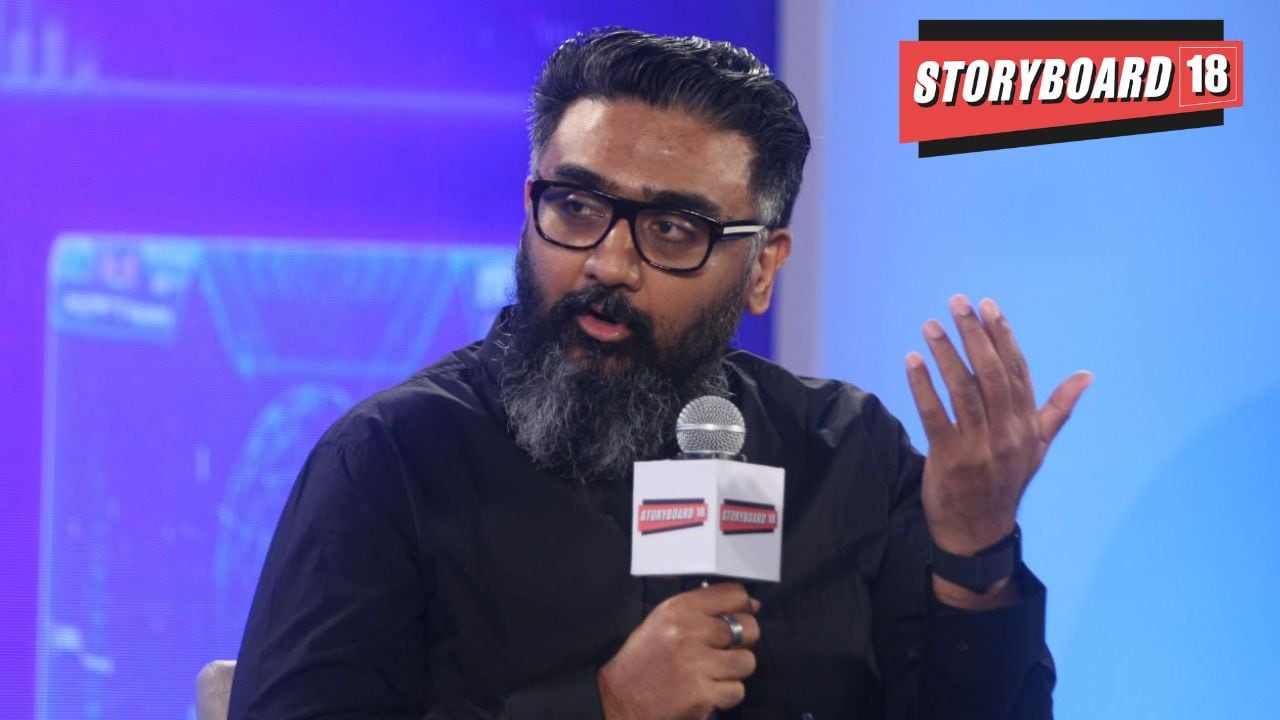At the Storyboard18, Global Pioneers Summit, Kunal Shah, founder and CEO of CRED, offered a candid reflection on artificial intelligence, positioning curiosity—not expertise—as the key to navigating the accelerating technological landscape.
“The advantage of being ‘dumb’ is that you ask unlimited questions,” Shah said. “AI is magical for people like me who are perpetually curious.” Far from self-deprecating, his remarks underscored a broader point: those who embrace not knowing are often better equipped to harness the power of emerging tools.
Shah criticized what he called “expert denialism” of AI, contrasting it with his own relentless inquiry—“I ask around 100 questions a day,” he noted — fueled by AI’s capacity to deliver instant insight. He predicted that the technology will redefine creativity by enabling “hybrids,” individuals who use AI to think deeper and faster.
“True creatives will thrive,” he said. “AI offers prompts, feedback, and new perspectives. But those who rely on rote processes will be exposed.”
Asked whether AI has lowered the creative bar, Shah offered a more nuanced view: “Originality is just connecting more dots across broader contexts. AI helps gather those dots faster. The challenge is making meaning from them.”
The advertising world, he argued, has already been reshaped. “You once needed a top agency to produce a good ad. Now, an intern with AI can replicate 80 percent of that.” As tools improve, so too will our ability to filter mediocrity and sharpen creative taste.
Shah also touched on shifting cultural dynamics, noting that digital saturation has dulled attention spans. “Younger people are perpetually bored. They’ve consumed everything – Korean dramas, global memes, TikToks. It takes more to move them.”
At CRED, that insight led to a deliberate break from convention. “No one knew what we did at first. That confusion got people talking. That was the win.”
He observed a generational power shift in households, with teens often driving digital adoption. “Every home has a de facto CTO aged 10 to 18. They’re also becoming the procurement officers. Businesses will cater to them.”
This generational shift, coupled with AI’s rise, may upend how we spend time and money. Shah divides transactions into two categories: boring (bill payments, errands) and interesting (experiences, entertainment). AI, he believes, will increasingly automate the former, freeing people to invest in the latter.
He warned, however, that AI may deepen existing divides. “In India, 20 to 30 million people drive the bulk of consumption. These consumers are already global in their tastes—and increasingly difficult to engage.”
Shah imagines a near future with radically diminished advertising. “Soon, TVs will skip ads by default. AI agents will shop for us without seeing a single brand message. That changes everything.”
Looking ahead, Shah’s concern is not technological progress but human adaptability. “The tech is outpacing our ability to keep up. Most people aren’t wired for constant reinvention. But some are. The question is: which kind are you?”
